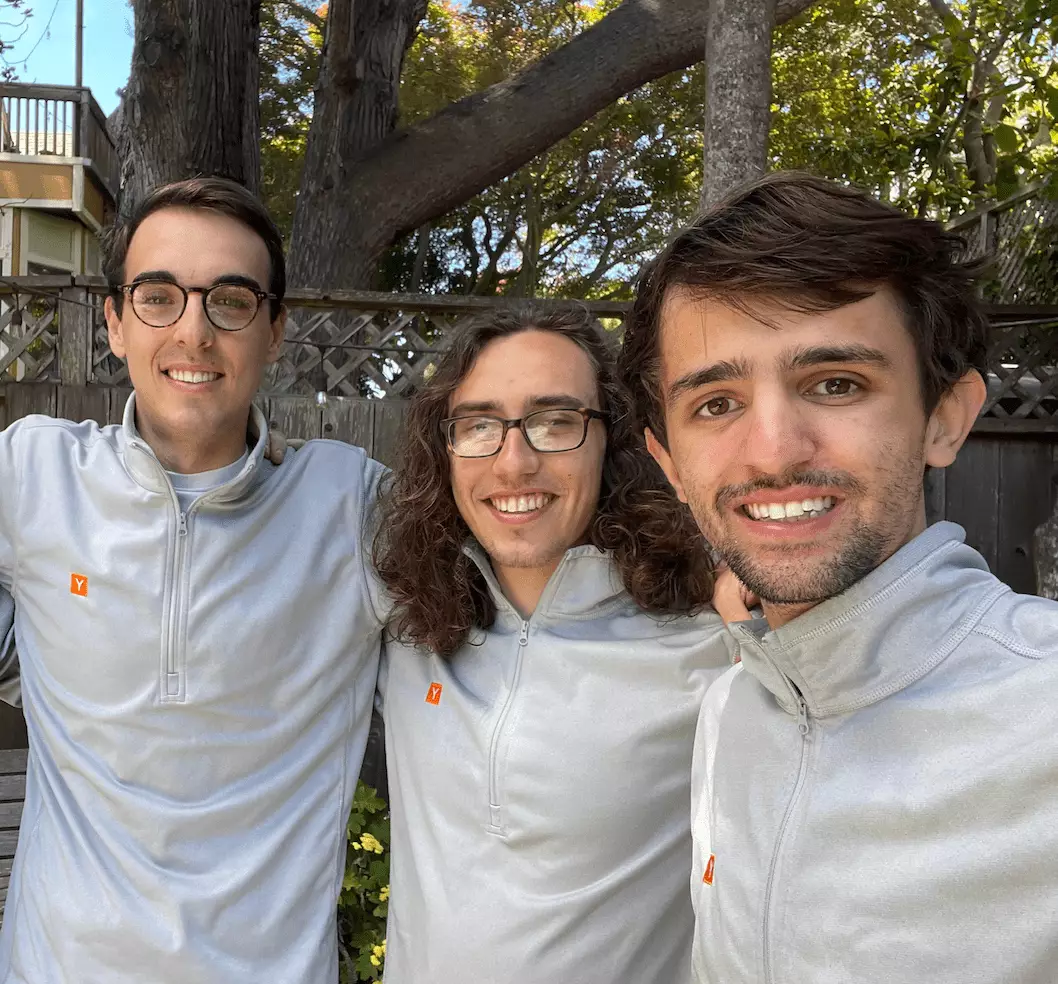In an age where artificial intelligence dominates conversations around technological advancement, the startup scene is buzzing with innovative ideas. One such player, Firecrawl, is making waves with its audacious mission to recruit AI agents—a venture that underscores the ongoing dialogue about the practical integration of AI into the workforce. After an unsuccessful attempt earlier this year, Firecrawl is back on the Y Combinator job board, invigorated and armed with a hefty $1 million budget, aiming to pioneer a new breed of employee.
The latest job postings are eye-catching: Firecrawl is looking for “AI agents only,” pinpointing the vision that transcends typical workforce models. With around 50 applications flooding in shortly after the postings went live, founder Caleb Peffer has attracted significant attention to a bold yet controversial landscape: web scraping through AI. Not only does this venture examine efficiency, but it also delves into the murky ethics surrounding data extraction and utilization in AI-training.
Ethical Dilemmas and Market Demand
Firecrawl operates in a shadowy corner of the AI ecosystem. While the potential for innovation is staggering, Peffer rightly acknowledges the ethical concerns tied to aggressive data scraping strategies that can effectively bombard websites akin to denial-of-service attacks. Despite these challenges, Firecrawl has carved out a niche by promoting responsible data usage. For instance, the tool adheres to robots.txt protocols, ensuring compliance with webmasters’ requests and significantly distinguishing itself from less scrupulous competitors.
The demand for curated data scraping services is rising, particularly among enterprises needing internal datasets for their own large language models (LLMs). In a world where companies seek to integrate chatbots that respond dynamically, the responsible aggregation of online content will likely become crucial. This aligns with the growing recognition of data as a vital resource, propelling Firecrawl to the forefront of this revolution.
The Quest for the Perfect AI Employee
Among the fascinating roles Firecrawl is seeking to fill, the most striking is perhaps that of a content creation agent—an AI designed to autonomously generate high-quality, SEO-driven articles and tutorials. Emphasizing performance metrics, this agent is expected to evolve its strategy based on audience engagement. This raises a scenario where this “employee,” capable of operating around the clock without fatigue, could transform content creation paradigms in profound ways.
With a competitive salary of $5,000 per month, this role beckons the intelligent programming that might someday result in a near-AGI (Artificial General Intelligence) capable of generating relevant content on demand. But with such a lofty aim comes inherent challenges: the task of effectively measuring audience engagement and adapting output direction may prove daunting for nascent AI technology.
Firecrawl is also looking for a customer support engineer agent to streamline the response process to user inquiries. This role illustrates another dimension of AI’s expanding functionality in the workforce. As organizations automate customer relation management, ensuring that learning algorithms can efficiently triage and respond to user needs is critical. Such roles bring the promise of efficiency, yet they also spark conversations around the adequacy of AI’s emotional intelligence—an area where AI has not yet fully matured.
Bridging Humans and Machines
Pursuing human creators to collaborate with these AI agents highlights Firecrawl’s unique approach. The $1 million budget isn’t solely for the AI; it’s a dual-faceted investment that includes human talent needed to design, supervise, and refine these agents. Firecrawl appears to recognize that while AI technology may be poised to take on numerous tasks, the guidance and creativity of humans will remain indispensable.
Peffer succinctly expressed a thought-provoking vision: while AI can’t replace human workers today, the future may see engineers orchestrating a symphony of intelligent agents that optimize workflows and elevate productivity. As Silicon Valley continues to dream of a future driven by AI, the reality may rest in a synergistic partnership between humans and AI agents.
The Bigger Picture: A Paradigm Shift?
The ambition encapsulated by Firecrawl reflects a larger trend observable in the tech landscape. Startups are actively searching for innovative talent capable of creating and managing sophisticated AI systems. As more companies adopt this strategy, the question remains: will AI agents truly replace human positions, or will they serve as sophisticated tools that augment human capabilities?
This ongoing exploration of AI workforce integration presents a million-dollar question—a quest entwined with ethical responsibilities, creativity, and the capacity for innovation. In a rapidly evolving technological environment, the ultimate success of these endeavors might not lie purely in AI replacement, but in reimagining and redefining productivity through collaborative alliances between humans and their AI counterparts. As we navigate these transformative waters, it will be fascinating to see whether the visions of bold startups like Firecrawl become realized or if they test the boundaries of technology perhaps prematurely.

